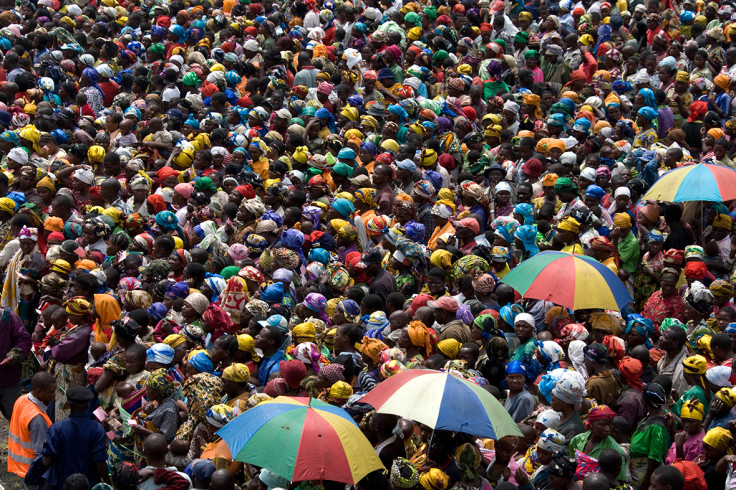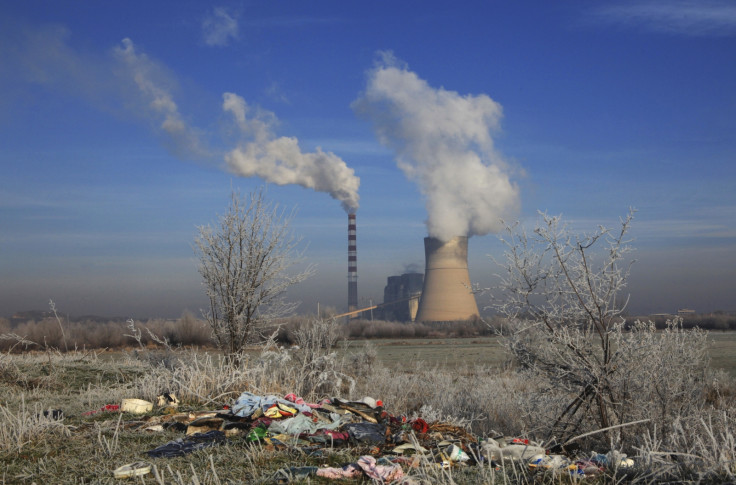World Population Day 2015: Facts, figures and consequences of overpopulation

As the global population reached seven billion in 2011, it brought significant implications for development. The growth of the world's population has already impacted sustainability, urbanisation, health, inequality, poverty and global warming and research says it is likely the population will continue to swell throughout this century.
Saturday marks World Population Day, observed annually on 11 July. Founded by the United Nations Development Programme in 1989, it was inspired by the interest surrounding Five Billion Day on 11 July 1987 – the date when the world's population reached five billion.
Since then, the global population has continued to grow. So what are the risks of overpopulation?
Water
More than one billion people do not have access to clean drinking water. A total of 2.7 billion find water scarce for at least one month of the year.
Agriculture consumes more water than any other source and aquifers are being depleted faster than they can be replenished. At the current rate of consumption, two-thirds of the global population will face water shortages by 2025.

Food
A report by the Global Harvest initiative found that the world will not be able to feed itself by 2050 – when the population is expected to reach nine billion – as the demand for food and fuel will overtake food production if the current rate of output stays the same. One in nine people - around 795 million people - in the world do not have enough food to lead a healthy and active life.
Poverty
Poverty is influenced by population growth, which has a significant impact on a country's development and prospects for raising living standards for the poor, according to the UN Population Fund. Investments in better reproductive health and security are essential for reducing mortality and morbidity, which in turn improve a country's productivity and development prospects.

Fuel
Non-renewable sources of energy such as oil and coal are finite, meaning they will eventually run out or not be replenished, yet our reliance on these sources remains high.
Environment
Climate change due to human emissions is a major consequence of overpopulation, as greenhouse gases are emitted faster than they can be absorbed by our shrinking forests and oceans. Global warming results in high commodity prices, the collapse of fisheries, loss of species' habitats and natural disasters.

Overcrowding
Crowded housing or the sharing of a home between too many people can lead to problems with hygiene, violence, congestion, unemployment, air pollution, social problems and tension. There is also an increased risk of the spread of infectious diseases.
Conflicts
Some of the most brutal and persistent conflicts and wars of the past decades have been driven by overpopulation and disputes over resources.
You can follow the World Population Day conversation using the hashtag #WPD2015 on Twitter.
© Copyright IBTimes 2025. All rights reserved.






















